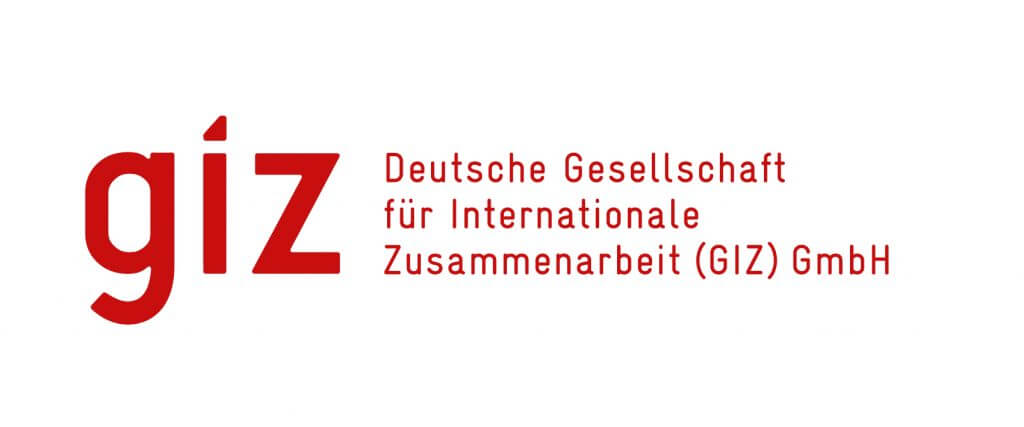China’s MFTHs have developed rapidly in recent years, the number of hubs has grown steadily, the supporting services of the hubs have been continuously improved, and the benign interaction and interlinkage with surrounding industries have increased significantly. However, the development of China’s MFTH is still in its infancy. Problems such as unbalanced development in different regions, inconsistent facility layout, insufficient connection of transportation modes, poor operation and management performance, and weak functional service ability still exist. Currently, insufficient supervision restrained the country’s MFTH development and further intermodal transport development. Neither the Ministry of Transport (MoT) nor MFTH operators have a unified evaluation tool in place to systematically analyze MFTH’s management performance as well as their environmental and climate impacts.
With the purpose to support Chinese policy makers, operators and other relevant stakeholders on the further improvement of MFTH management performance and service quality toward environmental and climate-friendly development of intermodal logistics in China, the pilot project “Establish & Implement an Evaluation System for MFTH Management in China” is conducted by the Sino-German Cooperation on Low Carbon Transport project in cooperation with the Transport Planning and Research Institute (TPRI) of the MoT.
The objective of the pilot project is to:




Ling Xuan
Senior Advisor
Sino-German Cooperation on Low Carbon Transport
Deutsche Gesellschaft für Internationale Zusammenarbeit (GIZ) GmbH
